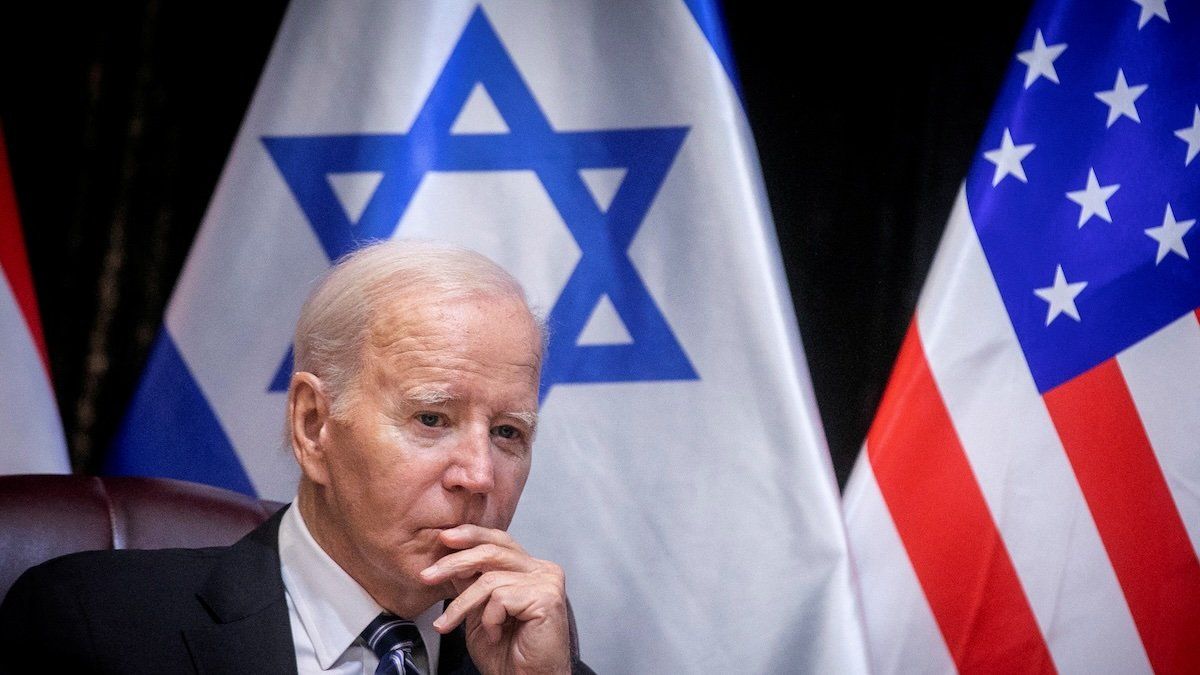President Joe Biden on Thursday spoke on the phone with Israeli Prime Minister Benjamin Netanyahu for the first time since Israeli strikes killed seven World Central Kitchen aid workers in Gaza.
Biden told Netanyahu that the humanitarian situation in Gaza and strikes on aid workers were “unacceptable,” the White House readout of the call said.
But the real news from the call was Biden telling Israel it needs to “announce and implement” concrete steps to “address civilian harm, humanitarian suffering, and the safety of aid workers.”
The president also told his Israeli counterpart that US policy regarding Gaza “will be determined by our assessment of Israel’s immediate action on these steps,” per the readout, while emphasizing the need for an “immediate cease-fire” and a hostage deal.
After the call, Israel said it would open new routes into Gaza to increase the flow of aid by opening the Erez crossing and offering temporary access to Ashdod port, while also allowing more deliveries from Jordan through the Kerem Shalom crossing.
Meanwhile, the UN Human Rights Council on Friday adopted a resolution for Israel to be held responsible for possible war crimes. The US opposed the resolution, but its permanent representative to the Council also said Israel has not done enough to protect civilians.
Reading between the lines. It’s evident that the Biden administration is livid with Netanyahu, as Israel’s handling of the Gaza war faces growing opposition in the US — putting the White House in an uncomfortable position during an election year. But, so far, Biden has been unable to influence Bibi’s approach to the war with words alone.
During Thursday’s call, Biden appeared to offer an implicit warning to Bibi that the US could condition or restrict aid to Israel if it doesn’t change course. Biden is under increasing pressure from Democrats to support such a move.
Democratic Sen. Chris Coons, a pro-Israel lawmaker and Biden ally from the president’s home state of Delaware, on Thursday said he would vote to condition aid to Israel if Netanyahu orders the IDF to invade Rafah “at scale” and without showing care for civilians.
“I’ve never said that before… I’ve been a strong supporter of Israel the whole time I’ve served in Congress,” Coons said, in a sign of how far the mood in the US has shifted since Oct. 7.
